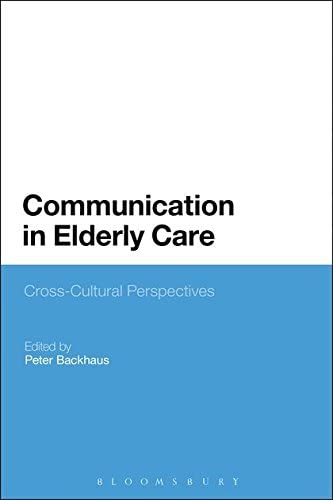
There are a variety of long-term care options for the elderly. Below is a table that compares costs and services for various care settings. Home care and hospice are available in addition the nursing home. No matter what type of care is offered, senior citizens should be provided with the best possible care. We will be discussing the pros and cons of each type in this article.
Home care
In-home care is offered by volunteers, family members, and paid professionals. From shopping help to managing daily living, home health services can be provided. Medicare covers some forms of in-home healthcare, including skilled nursing care. Private insurance policies can also cover certain types of in-home services, such as hospice care. In-home healthcare is a good choice when the elderly require additional assistance in their daily activities but do not require additional medical services.

Medicare and Medicaid don't cover all costs for in-home care. Non-Medicaid programs offer support services to family caregivers who are not paid. Prescription assistance programs can help offset long-term care costs. The Older Americans Act is a supportive service for the elderly. You can find out more details about these services by calling your local Area Agency on Aging. If you need long-term care, Medicare doesn't cover it.
Nursing homes
As part of their natural aging process, or as a result to the development or progression of dementia, elderly people may require nursing home care. A nursing home offers many benefits. You can get physical therapy, supervision, and meals. Assisted living facilities offer many meal options and have their own kitchenettes. Meals are prepared by dieticians. They can be served in private dining rooms or communal rooms.
The criteria for admission to a nursing home vary depending on your state, so you should find out the requirements for eligibility before choosing a nursing home. The most common requirement for admission to a nursing home is that residents have a medical condition that needs long-term treatment. It must be documented and signed off by a physician. Although the requirements are different for each state, the Centers for Medicare or Medicaid Services requires that states follow some guidelines. They also allow for flexibility for creating their own assessments within CMS rules.
Hospice care
Hospice care is an option that can help a loved one who is terminally ill or has advanced illness. A team made up of several health care professionals, including the hospice nurse, is committed to the care of their patients. They are on hand around the clock. A hospice nurse may be with the patient from 8am to 8pm while another family member will spend the night with the patient. Hospice care may offer peace of mind and comfort for senior residents who are in nursing homes.

Hospice care is not usually considered a last resort for patients. However, it can often be a great option for people who have serious conditions and cannot leave their home. While hospice care may be available for up to six month, patients with terminal conditions are not allowed to stay. Hospice may be an option if a patient has been diagnosed as having kidney failure. However, if their condition improves, they might choose to end hospice care.